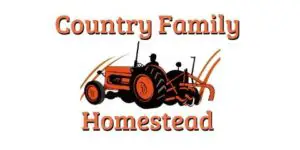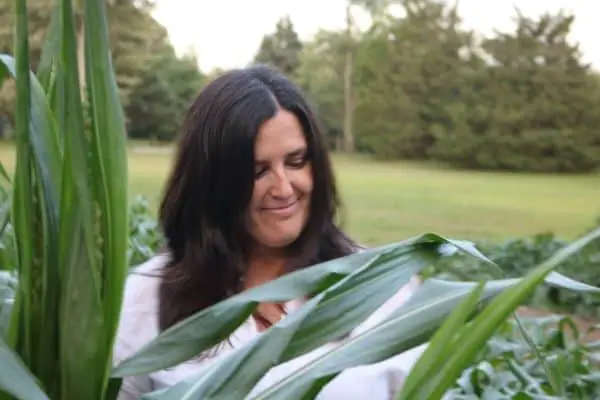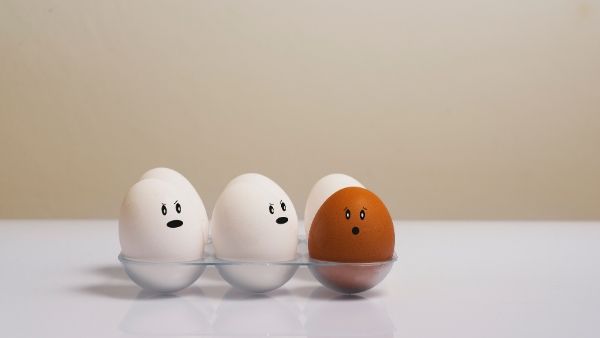There are many opinions as to how much land or where you have to live to be a homesteader. While more land and rural ordinances will allow homesteaders a variety of options, homesteading in the city is not only possible but done quite often without even realizing it sometimes.
The basic aspects of homesteading such as growing food, raising animals, and making needed items such as clothing or soap can legally be done in most cities. This is a growing movement, sometimes called Urban Homesteading, and really the only concern is usually the number of pets or animals that are allowed by your city ordinance.
We live on a small homestead, yet are in the country, so we have more freedom than what’s allowed in our nearby city. We have friends who live in the city that raise chickens and rabbits and grow a pretty substantial garden. Urban homesteading can be more than just a patio garden and a few chickens. It can mean growing and preserving your own food, raising animals, and learning the homesteading skills needed to be as self-sufficient as possible all while respecting and caring for this earth we all live on.
Growing and Preserving Food
Growing enough food on a small city lot to make a dent in the family’s grocery budget requires getting pretty creative with the space that you do have. The urban homesteader learns to use containers and raised beds to make the most of their space. Plus the more garden space you have, the less lawn there is to mow.
The front yard is generally kept neat and clean to keep up the curb appeal, but there is an opportunity here. Plant maples, nut trees, or fruit trees as your shade trees. While it will take a maple at least 15-20 years before it is big enough to tap for syrup making, nut trees generally start producing in 5-10 years, and fruit trees in as few as a year or two. A fence separating the front yard from the back can be used as trellis for grapes or hardy kiwis.
Planning the backyard garden requires consideration of the amount of sunlight each area will receive. You can then plan your raised beds and containers accordingly. Plants that require at least 8 hours of sunlight are tomatoes, cucumbers, and lettuce. There are quite a few vegetables though that tolerate a lot more shade. These include broccoli, cabbage, and carrots.
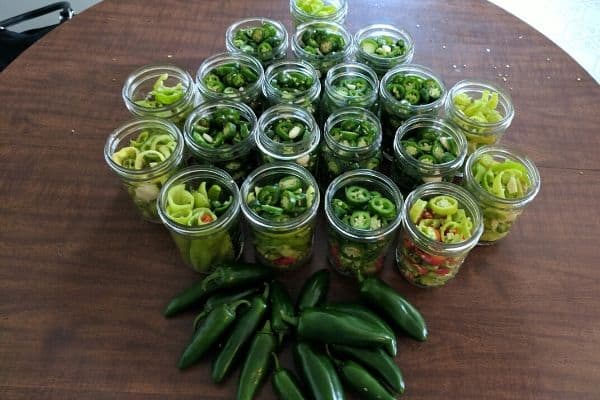
The city garden might be used to grow fresh homegrown vegetables during the season or maybe you’d like to harvest enough to put up some for the winter months. Freezing and canning are a couple examples of common ways to preserve food. You could also can some ready made foods such as spaghetti sauce or salsa. Here’s a few more ideas of storing what you grow:
- dehydrating
- fermented foods like sauerkraut or kimchi
- wine or mead
- kombucha
- making flavored vinegar
- storing in olive oil
- immersion in alcohol
- maple syrup
Raising Animals
When you think of critters on a homestead, you usually think of cows, goats, a flock of meat birds, some laying hens free ranging across the yard, a large herding breed dog and a handful of barn cats. And while this might be the ideal homestead for a lot of people, those the live in the city are somewhat more limited.
A growing urban homesteading movement has forced some cities to start allowing laying hens to be kept. The city near us allows up to 12 hens but requires 10 square feet of enclosure for each and they are not allowed to free range. Also due to the noise that they are famous for, roosters are usually forbidden. For a family of 4 or 5 people a half dozen or so hens will provide more than enough eggs.
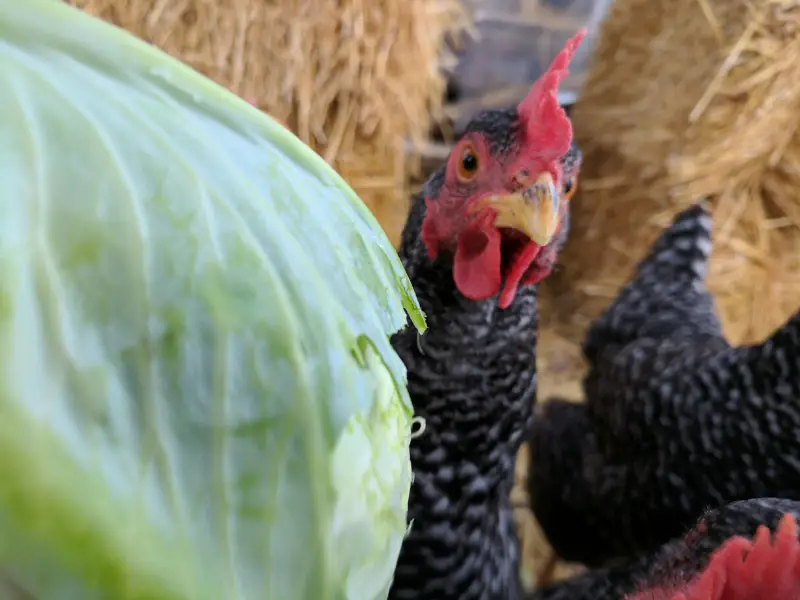
Raising rabbits is another option for the city dweller. Rabbits can be raised for meat and fur or just as pets depending on what your family can tolerate. Although I’m fond of rabbit meat, I would have a hard time raising rabbits from babies only to slaughter them when full grown. I’m sure many a plan to raise meat rabbits has turned into a cage full of pets.
A few other animals that could possibly lend to being raised in the city are:
- quail (for both eggs or meat)
- fish such as tilapia (small-scale aquaponics)
- honeybees (legal in some cities but I’d make sure no neighbors are allergic)
- ducks (for both eggs or meat)
Of course being able to keep any of these critters will depend on your cities specific laws. Contact your local city hall and ask about pet and animal ordinances.
Doing for Yourself
Doing for yourself can be about saving money, but sometimes it is also about learning a new skill and taking pride that you are a little more self-sufficient. It could also mean keeping some old traditions alive or creating something using natural materials and not relying on chemicals and industrial processing.
Some tasks should still be left to the professionals such as HVAC and electrical work unless you have been trained and are confident in those areas. Gas and electricity can kill the well-meaning homeowner or cause significant damage if not done properly.
There are projects such as building a fence, deck, or raised garden beds, repairing a leaky faucet, or adding a screen door that an urban homesteader can tackle and feel confident with a little assistance from an article or video tutorial.
Going back to basics and learning the old skills that homesteaders relied upon can also be very rewarding. Not only to save some money, but also to reduce your reliance on consumer goods and learn a new hobby to enjoy and pass on to the next generation. Some of these old homesteading skills are:
- soap making
- candle making
- herbal remedies
- knitting/crocheting
- sewing projects
- basket weaving
- cheese-making
- woodworking
- homemade baked goods
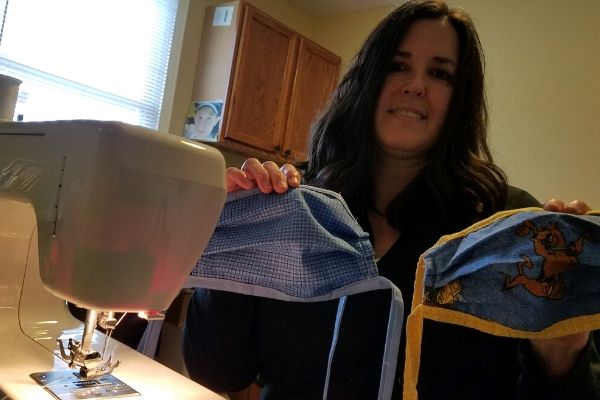
With the wealth of information available online, any of these skills can easily be learned and with a little practice can be mastered. Learning just one of these skills means doing for yourself and being a little more self-sufficient.
There’s usually a market for these hand-made items too which could bring in an extra income for the urban homesteader. Selling locally at flea markets, craft shows, and consignment shops or selling online on sites like Etsy are a few options to market your creations.
Reducing your Global Footprint
Today’s homesteaders, whether big or small, are generally more concerned with reducing our impact on this planet than the homesteaders of yesteryear. As the earth’s climate crisis continues to escalate, more and more people will be looking for ways to reduce their global footprint.
Some of the easiest ways to do this is by reducing the amount of materials we use everyday especially products that are mass produced using chemicals and industrial processes. Buying local made products is another way by reducing fuel use and help your local economy. Reusing and recycling what we do consume is another way to reduce our impact.
Using alternative energy is a big dream for a lot of people. Although the upfront cost can be quite large, that number is continuously coming down and incentives from governments and utilities are making it more and more likely that homeowners will be able to produce some of their energy needs from solar or wind right on their own property.
With all the discussion around gardening let’s not forget about water use reduction too. The best way to conserve water use in the garden is by rainwater collection from your roof into rain barrels that can be used to water your plants. Using low-flow fixtures will also conserve on water use in your house.
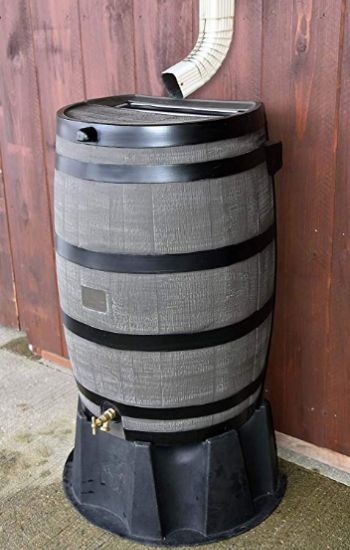
If you are not too concerned about the appearance of your rain collectors or if it’s in a concealed location, then an old plastic barrel or IBC tote will work just fine. A food grade barrel is best to be sure it didn’t contain any dangerous chemicals. If your rain barrel will be in sight and you would like it to have a nice appearance then this oak grain plastic rain barrel from Amazon.com will look great next to the house or on the patio.
Today’s urban homesteader in some ways is completely different from the big country homesteaders, but in some ways they are so much alike. The term homesteader means something different to each of us, but I think anyone that uses their home or land to provide for some of their family’s needs can consider themselves a homesteader.
